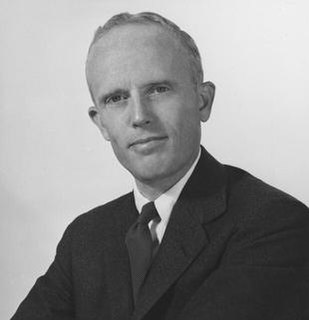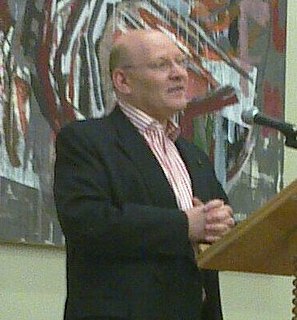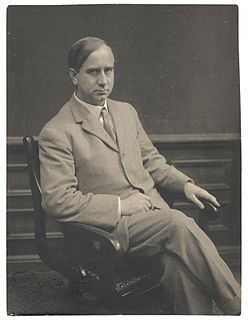A Quote by Vincent Van Gogh
Those Dutchmen had hardly any imagination or fantasy, but their good taste and their scientific knowledge of composition were enormous.
Related Quotes
In the case of some people, not even if we had the most accurate scientific knowledge, would it be easy to persuade them were we to address them through the medium of that knowledge; for a scientific discourse, it is the privilege of education to appreciate, and it is impossible that this should extend to the multitude.
Fantasy is a product of thought, Imagination of sensibility. If the thinking, discursive mind turns to speculation, the result isFantasy; if, however, the sensitive, intuitive mind turns to speculation, the result is Imagination. Fantasy may be visionary, but it is cold and logical. Imagination is sensuous and instinctive. Both have form, but the form of Fantasy is analogous to Exposition, that of Imagination to Narrative.
But where only a free play of our presentational powers is to be sustained, as in the case of pleasure gardens, room decoration, all sorts of useful utensils, and so on, any regularity that has an air of constraint is [to be] avoided as much as possible. That is why the English taste in gardens, or the baroque taste in furniture, carries the imagination's freedom very far, even to the verge of the grotesque, because it is precisely this divorce from any constraint of a rule that the case is posited where taste can show its greatest perfection in designs made by the imagination.
The fact that these scientific theories have a fine track record of successful prediction and explanation speaks for itself. (Which is not to say that I don't directly discuss the work of those philosophers who would disagree.) But even if we grant this, many will argue that scientific knowledge in humans, and, indeed, reflective knowledge in general, is quite different in kind from the knowledge we see in other animals.
A good taste in art feels the presence or the absence of merit; a just taste discriminates the degree--the poco piu and the poco meno. A good taste rejects faults; a just taste selects excellences. A good taste is often unconscious; a just taste is always conscious. A good taste may be lowered or spoilt; a just taste can only go on refining more and more.
The reality is that while heliocentrism was discussed and often accepted within Catholic circles - it was effectively the only place where it could be - the more traditional view of the solar system still prevailed even among leading scientists. So it's hardly surprising that Galileo's Catholic judges had difficult accepting his views, especially when they saw themselves as defending scientific orthodoxy and were supported in this by the scientific establishment.








































